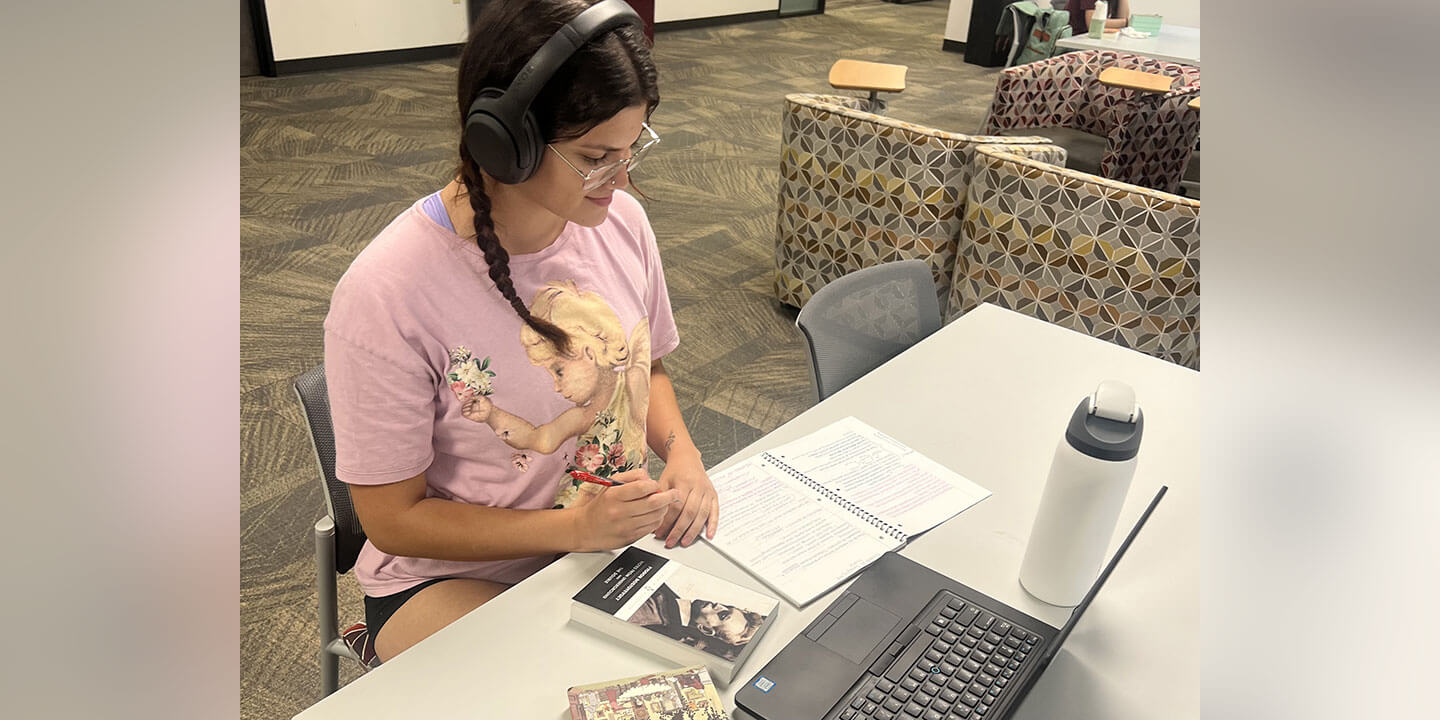
Finding My Voice: How Poetry Gave Me Power
At age seven, my life changed after reading a poem called "The Voice" by Shel Silverstein [1]. That moment was transformative because I realized I had autonomy. I discovered something within myself that no one else could take away: my voice.
Poetry became an outlet to express myself, turning my thoughts into words. Words became my first love. Though there was never an official wedding, I vowed to use them for good, through better and worse.
Emotional Empowerment Through Poetry
Through good times and bad, poetry empowers me. It provides a safe place to go when my emotions feel too big to hold. It brings me peace when I feel so happy that I want to shout my feelings at the sky. And it grounds me when my mind becomes tangled with too many thoughts to sort through.
Emotions aren't always as straightforward as our language implies; sometimes, they're more like a weather report. You might say you feel happy, but "mostly sunny" might be a more accurate description. Or maybe you don't exactly feel sad, so "foggy" would capture it better. On days when my emotions feel like this, I turn to poetry.
The Sparks of Creativity
When I'm particularly overwhelmed, I search online for a poetry prompt that resonates with me. Then, I do my best to release any negativity I'm experiencing. In moments like these, poetry gives me the power to transform my internal atmosphere. A few stanzas can turn an emotional storm into a lightning show: something electric and captivating.
There are also days when I feel so happy it's like I'm carrying a tiny (but intense) ball of sunshine. I might want to set it down somewhere, but I need to find a safe place to put it. This is where poetry grants me the power of peace, knowing that my happiness is preserved on paper.
What excites me even more than this peace of mind is the opportunity to share that happiness with someone else. I feel powerful knowing my big feelings can bring light to someone who needs the positivity.
Power through Purpose and Expression
Of course, we've all had days when we felt like we were carrying a ball of sunshine while a storm raged inside our heads. For me, this feels like my mind is knotted, and I'm not sure how to untangle it. Although this can leave me feeling powerless, I pick up my pen and let the words do the rest.
One word at a time, one sentence at a time, I untangle my thoughts like strings in a ball of yarn. And my poetry is the sweater I knit from those strings. I create something useful, something meaningful. That creation makes me feel powerful and purposeful.
Find Your Creative Outlet
Whether it's poetry, music, acting, or sports, I believe it's essential for everyone to have a creative outlet that makes them feel powerful. There's a common misconception that you must be "good" at something to enjoy it. In reality, the practice of self-expression is more important than the final product.
I hope this blog inspires you to find your voice through a creative outlet. Everyone deserves the power of autonomy and self-expression, especially in moments when we would otherwise feel powerless.
[1] Silverstein, Shel. Where the Sidewalk Ends. New York: Harper & Row, 1974.
Do you have a compelling story or student success tips you’d like to see published on the Pearson Students blog? If you are a college student and interested in writing for us – click here to pitch your idea and get started!
